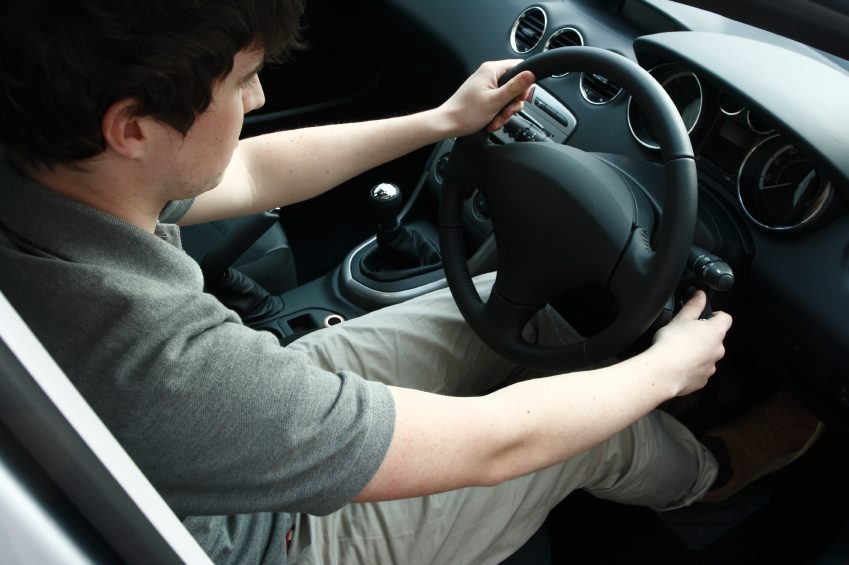
Whiplash treatment study will help stretch health dollar further
A simple, cheap half-hour advice session with a physiotherapist works just as well as an intensive, 12-week course of 20 personal physiotherapy visits for chronic whiplash patients, Australian researchers have found.
The unexpected results from the George Institute and The University of Queensland study, published in the globally-prestigious publication The Lancet, is likely to reverberate around the world, interesting insurance companies, those involved in developing future health policy, GPs and people who have failed to get well after whiplash injuries from car accidents.
The study involved some of the world’s most respected whiplash and musculoskeletal researchers: Professor Gwen Jull , Professor Michele Sterling and Professor Chris Maher.
The team compared two approaches to treating car crash victims with whiplash.
One treatment comprised 20 one-hour, tailored and supervised exercise sessions over a 12-week period. The other treatment comprised a simple educational booklet and one, half-hour meeting with a physiotherapist to teach the patient to exercise on their own.
Senior author Professor Chris Maher, of The George Institute and The University of Sydney said: “People's pain and activity improved in both treatment groups, but there were no differences between groups.”
“This study backed the use of physiotherapy, but showed that brief physiotherapy programs are as effective for chronic whiplash as more intensive programs.”
“Traditionally physiotherapy involved long courses of one-to-one care. More recently, it’s become clear that to deliver physiotherapy more efficiently traditional treatments need to be reconfigured from long programs of care to effective, simple treatments where the patient is actively involved.”
“It is about being smart so we can stretch the health dollar and reach more people.”
Professor Michelle Sterling, of The University of Queensland, said: “For the future we need to work out how best to deliver simple self-management advice successfully – with verbal, written or multimedia approaches. At a very practical level we also need to ensure that the educational materials we use reflect the rich mix of cultures we have in Australia: a self-care booklet is not much use to a patient if they do not read English.”br />
“In general, we need affordable and effective strategies to prevent and treat musculoskeletal conditions, as these are one of the leading causes of disability in the latest Global Burden of Disease study. This is particularly true for those with chronic whiplash associated disorders, as the majority have tried and failed previous treatments and their ongoing symptoms means that they would be unlikely to pursue more of the same approaches.”
The trial involved 172 people and was funded by the National Health and Medical Research Council (NHMRC) of Australia, as well as the Government third party insurance regulators of the states where the trial was conducted (Motor Accidents Authority of New South Wales and the Motor Accidents Insurance Commission of Queensland).

